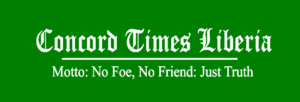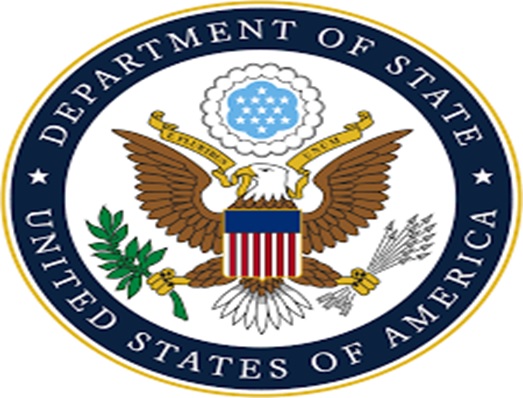In a comprehensive report released in 2024, the US Government highlighted Liberia’s investment climate, emphasizing the country’s potential across various sectors despite significant challenges stemming from years of civil conflict and ongoing governance issues. The executive summary of the report identified key areas for investment, including natural resources such as mining, agriculture, fishing, and forestry, as well as sectors like energy, telecommunications, agribusiness, climate financing, tourism, and financial services.
Liberia’s infrastructure remains a critical area in need of improvement, particularly in electricity generation, national airport development, and transportation networks, including roads and bridges. The report noted that while the economy has been slowly recovering from the devastation of civil wars that concluded in 2003, it has yet to reach pre-war levels of development. Corruption and misgovernance continue to impede growth, investment, and job creation.
Economic indicators reveal a mixed picture. Liberia’s GDP ranks among the lowest globally; however, the World Bank reported a growth rate of 4.7 percent in 2023, with projections of 5.3 percent growth for 2024. The inauguration of a new government in January 2024 has raised hopes for reforms aimed at reducing corruption and establishing more predictable business policies, though the effectiveness of these initiatives remains uncertain.
The report highlighted several constraints on investment, including low human development indicators, unreliable electricity supplies, poor infrastructure, and pervasive corruption. Most regions in Liberia lack consistent access to electricity, but efforts are underway to expand access through projects like the Mount Coffee Hydropower Plant and connections to the West Africa Power Pool. Despite these initiatives, Liberia’s ranking in Transparency International’s 2023 Corruption Perceptions Index worsened, falling from 142 to 145 out of 180 countries, reflecting widespread public concern over government corruption.
Investment in Liberia’s economy is further complicated by a lack of public trust in the banking sector and limited access to business financing. Many individuals hold cash outside of banks, and while mobile money adoption is being promoted by the Central Bank of Liberia and commercial banks, the long-awaited National Electronic Payment System (NEPS) has yet to be fully implemented, hindering the integration of banking services.
Despite these hurdles, Liberia’s rich natural resources present significant investment opportunities. The country boasts large agricultural expanses and favorable rainfall conditions for agribusiness. Its vast mineral resources also offer substantial potential for investors in the extractive industries. While a few international concessionaires have successfully navigated the investment landscape in agriculture and mining, they often face lengthy and politicized negotiations, especially if bribes are not part of the equation.








